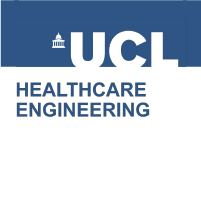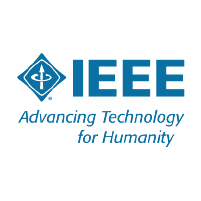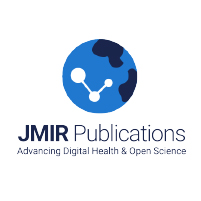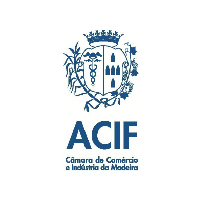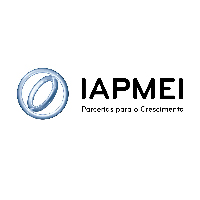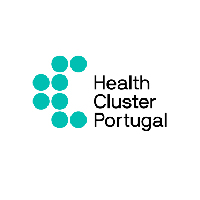
Chairs:
Ermira Tartari Bonnici
Conrad Attard
Mission and objectives
This 90-minute panel aims to explore the integration of interdisciplinary approaches within Public Health education to enhance the implementation of digital skills in Public Health curricula. Specifically, the panel discussion will address the following objectives:
- Identification of benefits and challenges of interdisciplinary education in Public Health programs.
- Sharing and examining case studies and best practices in interdisciplinary learning focused on how digital health literacy and skill acquisition can be embedded in Public Health curricula.
- Co-design strategies and teaching activities that foster interdisciplinary learning environments at the program level (curriculum design) and the classroom level (course design and teaching methods).
Intended audience
This tutorial is designed for participants from Public Health, digital technologies, and others from the
following roles:
- Public Health Educators and curriculum designers: Individuals responsible for integrating Digital Health competencies into Public Health training programs.
- Technology and data scientists: Professionals developing or evaluating digital tools that can be implemented in Public Health education.
- Researchers, policymakers, and NGOs: Stakeholders interested in shaping future Public Health workforce capacity while safeguarding effectiveness and equitability of digital skill-building.
Expected outcomes
Overall, this tutorial will create a dynamic environment for sharing insights, exchanging best practices, and developing new strategies to help shape the future of Digital Public Health education. By leveraging
interdisciplinary perspectives, attendees will leave with concrete ideas and connections to further embed
digital competencies within their institutions and curricula.
Following the tutorial, we plan to use the discussion points to develop a position paper to be published in a leading open-access journal to make the results available to a broader audience while also stressing the
necessity of the need for interdisciplinary education in Digital Public Health.
Format and schedule
| Opening (5 min) | Overview of tutorial objectives, alignment with conference themes, and brief participant introductions and expectations. |
| Introduction to Interdisciplinary Education (20 min) | Presentation by each panelist highlighting the interdisciplinary nature of public health and digital public health with an illustrative example provided. |
| Breakout Discussion Topics – Five Challenges to Solve (30 min) | Small group discussions allowing participants to share experiences and challenges in interdisciplinary education, guided by the program committee. Breakout discussion topics, 5 challenges to solve. |
| Plenary Discussion (20 min) | Participants reflect collectively on insights from the discussion, deepen understanding of interdisciplinary education challenges, and propose potential solutions. |
| Closing Discussion (10 min) | Summary reflections and concluding remarks. |
SPEAKERS

Ermira Tartari Bonnici (Chair)
University of Malta

University of Malta

Università della Svizzera Italiana
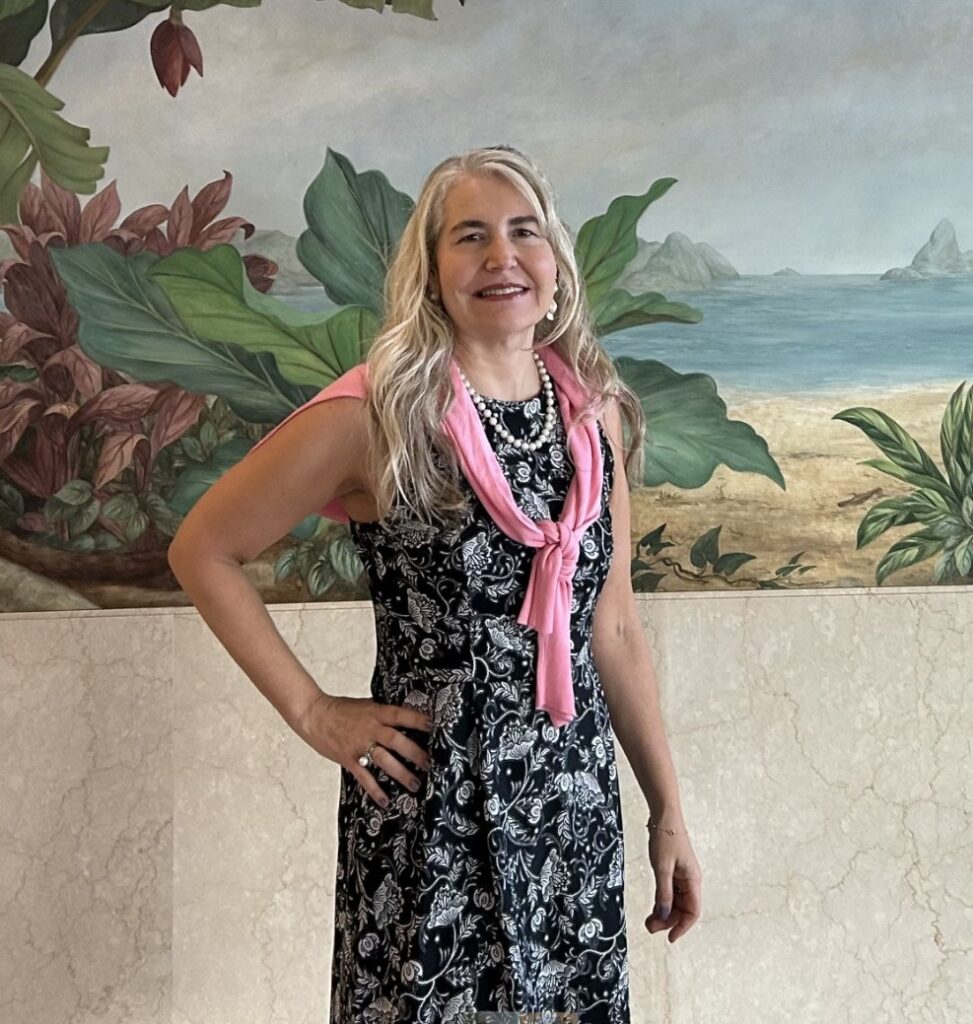
Federal University of Rio de Janeiro (UFRJ)
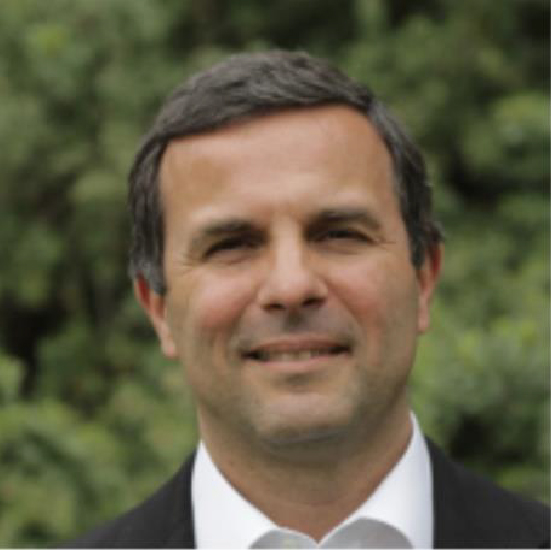
Institute of Sociology University of Education Freiburg

University of Education Freiburg

ISCTE

Maastricht University

